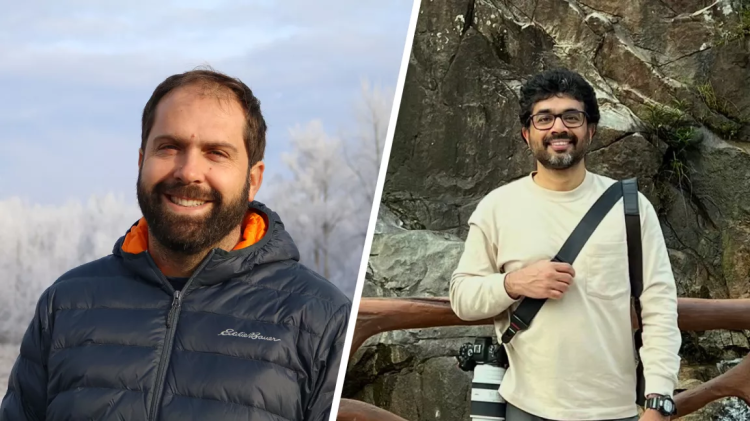A global research team led by University of Northern British Columbia Post-Doctoral Fellow Rajeev Pillay has provided a comprehensive assessment of tropical rainforest integrity and its critical role in safeguarding biodiversity. The study titled "Global rarity of high-integrity tropical rainforests for threatened and declining terrestrial vertebrates," published in the Proceedings of the National Academy of Sciences (PNAS), reveals that only 25 per cent of the world's tropical rainforests remain in high integrity structurally intact and free from significant human pressures while three-quarters are suffering from degradation.
Using cutting-edge three-dimensional mapping techniques that integrate airborne laser profiling and satellite imagery, researchers assessed the structural health of tropical rainforests across the Amazon, Congo Basin and the Asian tropics. These maps revealed that many forests, while appearing lush from above, are crisscrossed with roads and infrastructure that disrupt biodiversity and ecological function.

Faculty of Environment Professor Dr. Oscar Venter (left) and Post-Doctoral Fellow Rajeev Pillay (right) lead groundbreaking work on tropical rainforest preservation, contributing vital insights into global biodiversity conservation.
"High-integrity tropical rainforests are irreplaceable," states Pillay. "Our findings show that pressures from human activity are not only degrading forest quality but also impacting the amount of these critical habitats for forest-dependent species, from amphibians to birds. Protecting whatever remains of these ecosystems is crucial for global biodiversity and long-term ecological health."
"The health of tropical forests directly impacts human well-being worldwide, including in Canada. These forests are critical to regulating the global climate and supporting biodiversity that connects to systems far beyond their borders," explains UNBC Professor of Landscape Conservation and Management and co-author of the study, Dr. Oscar Venter. "This research shows that preserving high-integrity tropical forests is not just a local issue for the tropics it's vital for the planet's ecological resilience, which benefits communities everywhere, including northern regions like Prince George."
The findings underscore the need for a multifaceted approach to conservation, focusing not only on preserving the world's remaining intact forests but also on reducing human pressures in degraded areas. By identifying critical conservation gaps, the study provides actionable insights to guide global efforts toward achieving the Kunming-Montreal Global Biodiversity Framework's 2030 goals.
Other authors of the paper included Patrick Burns, a senior research scientist at Northern Arizona University; Jose Aragon-Osejo of UNBC; James E.M. Watson of the University of Queensland in Australia; Andrew J. Hansen of Montana State University; Anne Virnig, Christina Supples, and Jamison Ervin of the United Nations Development Program; Dolores Armenteras of the Universidad Nacional de Colombia; and Pamela González-del-Pliego of the Universidade de Évora in Portugal.












